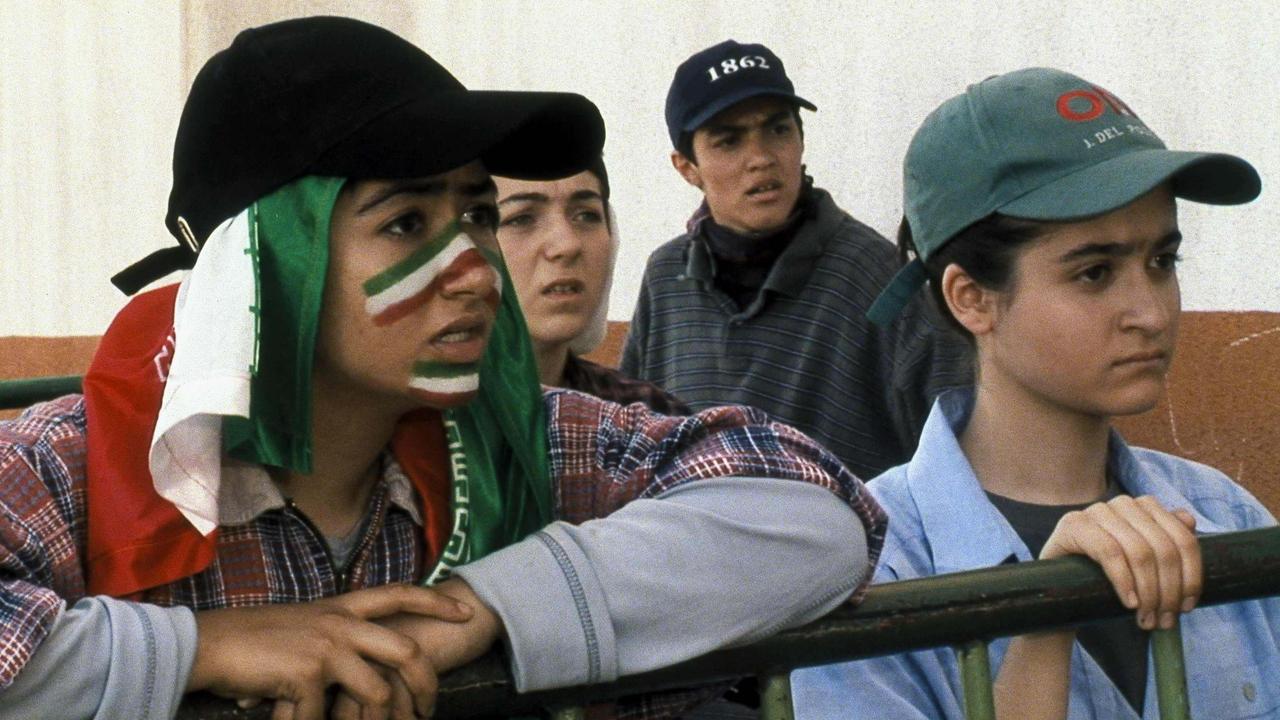
There’s no official or objective criteria for what is or isn’t obscene. Even still, it’s understandable (though not commendable) when films get banned for promoting extremism, offending sexual sensibilities or being extremely violent.
Yet, because offense is in the eye of the beholder, every blue moon a film gets banned for reasons that are ironic, silly, or just plain odd. Here are ten movies banned overseas for ridiculous reasons.
1. E.T.: The Extra-Terrestrial

Steven Spielberg’s E.T.: The Extraterrestrial is a film about children that truly understands children in part because most children take the good adults in their lives for granted and see strange adults as their enemies.
Apparently, the adults in Scandinavia don’t know that children often distrust adults or at least want to curb this, so Scandinavian governments banned children under twelve from seeing E.T. because its portrayal of adults trying to destroy Elliot’s friendship with his alien buddy could lead to children seeing adults as their enemies. God forbid that children realize that adults can do bad things.
Nordic children apparently weren’t too thrilled by this development and started precious little protests demanding that they be allowed to see a little extraterrestrial speak broken English and fly around on a bicycle – it’s a human right after all. Scandinavia’s chief film censor, Gunnel Arrback, was unmoved; she believed that the film’s storyline would traumatize children, leading one to question how Scandinavian children could be so sensitive when they live in such a brutally cold environment.
Children who protested against the age restrictions put on seeing the film may have come to the conclusion that adults are sadists intent on ruining their fun, ironic given the intent behind the ban.
2. District 9

Alongside James Cameron’s Avatar and J. J. Abram’s Star Trek, District 9 was part of a miniature trend from ten years ago that used extraterrestrials to represent a racial “other” and presented conflicts between humans and aliens to as metaphors for racial hatred.
More than the others, District 9 is intended as a rallying cry against racism against black people, which is ironic considering that it was widely interpreted as being racist against black people. A group of Nigerians in the film are portrayed as ruthless gangsters, leading the Nigerian government to see the film as an attack on their nation as a whole and ban it. While District 9 got mostly positive reviews form critics, director Neill Blomkamp and company clearly dropped the ball in a major way if their intended anti-racist movie was getting called out for racism.
Sony Pictures responded to this controversy by stating that “no offense was intended toward any country or person” and stressing that District 9 is a work of fiction, as if that somehow precluded it from being racist. The Nigerian government eventually allowed for the film to have a limited release in the country but that didn’t prevent the controversy from becoming a permanent stain on the film’s reputation.
3. Offside

Iran has a law against women and girls entering sports stadiums. The justification for this law is that if women enter sports stadiums, their delicate little ears might hear men swear. This law is minor, but it managed to inspire a well -received comedy film, Offside. Offside gently mocks the law and its effect on female sports fans through its cute story about women trying to sneak into a soccer stadium in drag to see a big match.
The film isn’t an attack on Islam, the Iranian government as a whole, or the totality of Iranian gender roles, it just gently ribs this one law. That was apparently too much for Ali Khamenei and the Iranian government who banned any screenings of the film in the country, both to try to prevent its message from spreading and for a more petty reason: to prevent the film from qualifying for the Academy Award for Best Foreign Language Film.
The film put its director, Jafar Panahi, on extremely poor terms with his country’s sharia law government and contributed to his later imprisonment for supposedly spreading anti-Iranian propaganda through his films. All for making some cute jokes.
4. 2012

Even a government as abusive a North Korea’s can occasionally protect its people from harm. Case in point: Kim Jong-il prevented his countrymen from seeing Roland Emmerich’s disaster of a disaster film 2012, even if he did so for self-serving reasons.
Essentially, Kim Jong-il and company wanted to have a monopoly on 2012 predictions. Emmerich’s film asserted that the (alleged) Mayan 2012 doomsday prophecies were true and that countless innocent people would be killed through tacky displays of CGI.
The Democratic People’s Republic of Korea, however, predicted that 2012, the hundredth anniversary of the birth of their regime’s founder, Kim Il-sung, would coincide with the rise of the nation becoming a major superpower.
Because of this, the government banned the film and threatened to heavily fine and imprison anyone caught with a bootleg copy of the film. Surely, anyone whose taste in movies is so bad that they want to watch 2012 unironically probably deserves some form of punishment, but jail time in North Korea is a bit too much.